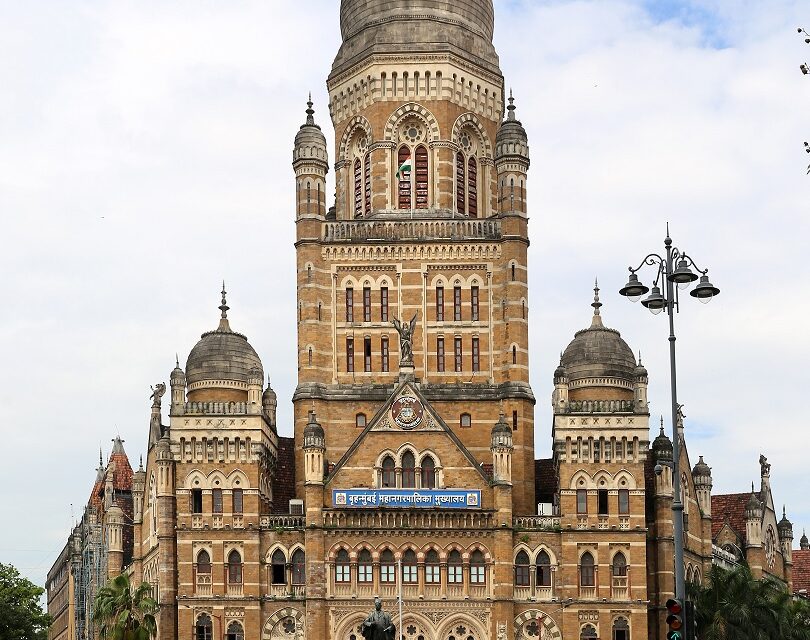Local self-government in cities in India plays a crucial role in ensuring efficient governance, grassroots democracy, and inclusive development at the urban level. Under the constitutional framework, urban local bodies (ULBs), such as municipal corporations, municipalities, and city councils, are entrusted with the responsibility of managing local affairs, providing essential services, and promoting socio-economic development within their jurisdictions. These local bodies are elected by residents of the respective areas, empowering them to participate in decision-making processes and hold local authorities accountable. ULBs are tasked with a range of functions, including urban planning, infrastructure development, waste management, public health, water supply, sanitation, and local taxation. Through decentralized governance, ULBs strive to address the diverse needs and priorities of urban residents, fostering citizen engagement, transparency, and accountability in governance processes. Additionally, initiatives such as the Smart Cities Mission and Atal Mission for Rejuvenation and Urban Transformation (AMRUT) aim to strengthen urban governance, improve service delivery, and promote sustainable urban development across cities in India. By empowering local self-government institutions, India seeks to harness the potential of cities as engines of growth and innovation, driving prosperity and quality of life for urban residents.
The worksheet covers the following topics-
Civic amenities, public utility services,
Gram panchayats, municipal corporations,
Members, Composition, Taxes

















